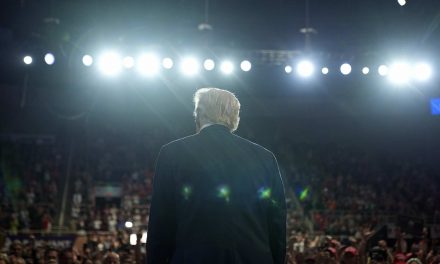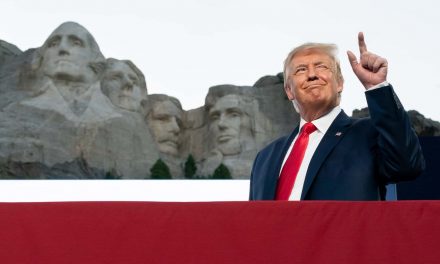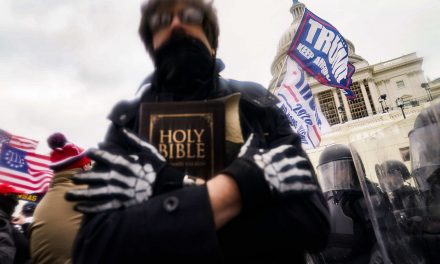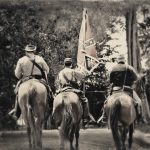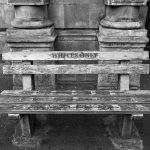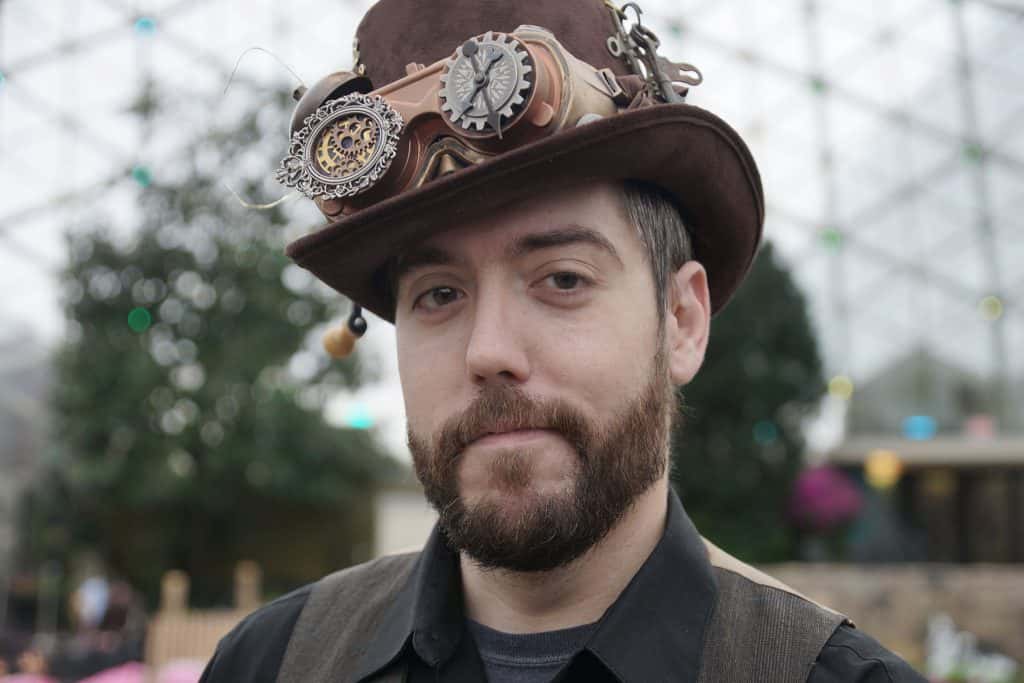
Commentator Kevin Williamson published a piece in National Review on April 7 justifying voter suppression by suggesting that “the republic would be better served by having fewer, but better, voters.” Representatives, he says, “are people who act in other people’s interests,” which is different from doing what voters want.
This is the same argument elite slaveholder James Henry Hammond made before the Senate in 1858, when he defended the idea that Congress should recognize the spread of human enslavement into Kansas despite the fact that the people living in that territory wanted to abolish slavery. Our Constitution, Hammond said, did not dictate that people should “be annoyed with the cares of Government,” but rather directed that they should elect leaders who would take those cares upon themselves.
It is the same argument wealthy men made in the 1890s when they illustrated that laws calling for “better” voters meant that white registrars would hand-pick the nation’s voting population. In the South and the North both, legislators wrote new state constitutions to keep Black men, immigrants, and poor workers from the polls. Leading Americans argued that such men “corrupted” the vote by electing lawmakers who provided public infrastructure like schools and hospitals, paid for with the tax dollars of hardworking white men. To keep poor voters and men of color from the ballot, new state laws called for literacy tests, in which white registrars personally judged a man’s ability to read; poll taxes for which one had to keep the receipts; grandfather clauses, in which a man could vote if his grandfather had, and so on.
Williamson’s is the same argument Arizona Senator Barry’s Goldwater’s ghostwriter made in 1960 in The Conscience of a Conservative, when he wrote in frustration about the New Deal government that was wildly popular despite businessmen’s hatred for it. The framers had absolutely not created a democracy, he wrote, but rather had worried about “a tyranny of the masses” who would vote for laws that redistributed tax dollars into projects that would benefit themselves.
The theory of government that lies behind the argument for limiting the vote to “better” voters was also articulated by Senator Hammond in his 1858 speech. He explained that the South had figured out the best government in the world. It had put a few wealthy, educated, well-connected men in power over everyone else: those he called “mudsills,” workers who produced the capital that supported society but had little direction or ambition and had to be controlled by their superiors.
In the South, Hammond explained to his northern colleagues, the mudsills were Black, but in the North they were wage workers. It was imperative such men be kept from political power, for “[i]f they knew the tremendous secret, that the ballot-box is stronger than ‘an army with banners,’ and could combine, where would you be? Your society would be reconstructed, your government overthrown, your property divided… by the quiet process of the ballot-box….”
In 1859, Abraham Lincoln rejected this vision of government by wealthy elites and replaced it with one of his own. Government worked best not when it protected the property and thus the power of a few wealthy elites, said this poor man’s son, but when it protected equality of access to resources and equality before the law for everyone. Rather than concentrating wealth upward, society should protect the rights of all men to the fruits of their own labor.
Throughout our history, adherents of these two different visions of what constitutes the best government for the U.S. have struggled. On the one hand are those who say that the country operates best when the government is controlled by a few wealthy, educated, well-connected, and usually white and male leaders. The argument goes that they are the only ones with the skills, the insight, and the experience to make good decisions about national policy, particularly economic policy. And it is important that wealth concentrate in their hands, since they will act as its stewards, using it wisely in lump sums, while if the workers who produce wealth get control of it they will fritter it away.
On the other hand are those like Lincoln, who believe that government should reflect the will of the majority, not simply on principle, but because a wide range of voices means the government has a better chance of getting things right than when only a few people rule.
In today’s world, Americans appear to be siding with the popular measures of the Democrats. A Morning Consult/Politico poll said that 65% of Americans support higher corporate taxes to pay for infrastructure and that 82% want infrastructure in any case. To make matters worse for the Republicans, counties that voted for Biden provide 70% of the nation’s gross domestic product, the value of goods and services in the nation. The large corporations Republicans used to be able to count on for money and support are now eager to court these young, liberal producers.
So, to combat the nation’s drift toward popular government, it appears the current-day Republican Party has taken up the cause of elite rule. Williamson is not the only Republican to muse about how getting rid of voters might be good for the nation. Arizona state representative John Kavanagh has said of voting that “[q]uantity is important, but we need to look at the quality of votes as well.”
Senator Tom Cotton (R-AR) reacted to a story about rising crime rates during the pandemic by tweeting that “[w]e have a major under-incarceration problem in America.” He appears to think that we need more people in jail despite the fact that we already imprison our people at a rate more than 5 times higher than that of the rest of the world.
We imprison nearly 2.3 million people, with another 3.6 million on probation and another 840,000 on parole. More important for the current struggle over government, though, his statement is that of an authoritarian rather than a democratic leader, and fits nicely with the idea of a strong-handed elite rule.
In Florida, Republican lawmakers appear ready to silence their opponents with a law that would, according to the Miami Herald, “require public colleges and universities to survey students, faculty and staff about their beliefs and viewpoints.” It would also permit students to record their professors without their consent for a civil or criminal case against their school.
A lobbyist for the measure, Barney Bishop, told journalist Ana Ceballos that “the cards are stacked in the education system… toward the left and toward the liberal ideology and also secularism — and those were not the values that our country was founded on…. [T]hose are the values that we need to get our country back to.” “The truth of the matter,” he said, “is that kids are being indoctrinated from an early age.”
Also on April 7, a member of the Boogaloo Bois who attended a “Stop the Steal” rally at the state capitol in Minnesota as part of the attempt to overturn the results of the 2020 election was arrested and charged with illegal possession of a machine gun. He had used a 3D printer to alter a semi-automatic weapon to make it shoot automatically.
The Republican attack on democracy is not playing well at home – although a number of our adversaries like it well enough. A new Gallup poll shows that an average of 49% of Americans consider themselves Democratic or Democratic-leaning Independents while only 40% identify as Republicans or as Republican-leaning Independents. This is the highest split since 2012.
Still, in the end, if Republicans manage to rewrite the voting laws to silence their opponents, how their actions play with the majority of American voters won’t matter in the least.
Nоrth Wіnd Pіcturе Аrchіvеs
Letters from an Аmerican is a daily email newsletter written by Heather Cox Richardson, about the history behind today’s politics

